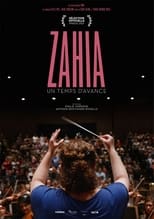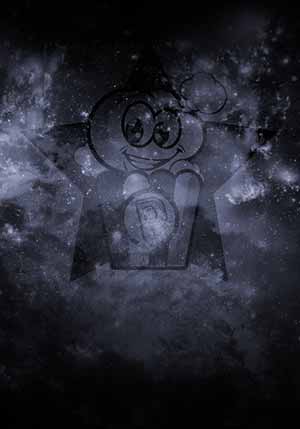Sergiu Celibidache
¿Quién es Sergiu Celibidache?
Celibidache frequently refused to release his performances on commercial recordings during his lifetime, claiming that a listener could not have a "transcendental experience" outside the concert hall. Many of the recordings of his performances were released posthumously. He has nonetheless earned international acclaim for his interpretations of the classical repertoire and was known for a spirited performance style informed by his study and experiences in Zen Buddhism. He is regarded as one of the greatest conductors of the 20th century.
Sergiu Celibidache was born on 28 June 1912 to Demostene Celebidachi, a cavalry officer of the Romanian army and later prefect of the Iași region and Maria Celebidachi (née Brăteanu), in Roman, a small city in the Moldavia region of Romania, where his father was a government official. He grew up in Iași, where his family soon moved after his birth. He was already improvising at the piano by the age of four, and after a traditional schooling in mathematics, philosophy and music in Iași, was sent by his father to Bucharest and then to Paris, where he continued his studies. His father had expected him to pursue a political career in Romania, but in 1936 Celibidache enrolled in the Hochschule für Musik (Academy of Music) in Berlin (German authorities erroneously changed his surname from Celebidachi to Celibidache, the form he retained), where he studied composition with Heinz Tiessen and conducting with Kurt Thomas, Walter Gmeindl and Fritz Stein. He continued with doctoral studies at the Friedrich Wilhelm University (Friedrich-Wilhelms-Universität), where he studied philosophy with Nicolai Hartmann and Eduard Spranger and musicology with Arnold Schering and Georg Schünemann. He submitted a dissertation on Josquin des Prez and received his degree in 1944. Throughout the 1940s, he accompanied and was romantically involved with Romanian-born dancer and choreographer Iris Barbura. During his studies in Berlin, Celibidache was introduced to Zen Buddhism by his teacher Martin Steinke, and Buddhism informed Celibidache's worldview and work for the rest of his life. In a 1986 interview, he said, "I was born a Christian Orthodox, and studied philosophy, but I still couldn't find solutions to my problems. It was through Steinke that I found [...] the way of Zen. All I can say is that without Zen I couldn't have known this strange principle that the beginning is the end. Music is nothing but the materialization of this principle." ...
Source: Article "Sergiu Celibidache" from Wikipedia in English, licensed under CC-BY-SA 3.0.
Trabajos destacados
Géneros más habituales en las películas de Sergiu Celibidache
Géneros más habituales en las series de Sergiu Celibidache
Compañeros de trabajo recientes de Sergiu Celibidache
Las imágenes y retratos de actores y actrices mostrados en este sitio web son obtenidos de la base de datos pública de The Movie Database (TMDb), utilizada bajo los términos y condiciones de dicha plataforma. En caso de que alguna imagen o fotografía sea incorrecta, ofensiva, o pueda infringir derechos de imagen o copyright, puede ser editada o eliminada directamente en TMDb. Esto provocará su eliminación automática en este sitio web. Adicionalmente, si usted desea solicitar la eliminación de una imagen directamente en nuestro sitio web, puede utilizar el formulario de contacto ubicado al pie de la página. Atenderemos su solicitud de manera expedita y tomaremos las medidas necesarias para garantizar el cumplimiento de los derechos aplicables.
The images and portraits of actors and actresses displayed on this website are sourced from the public database The Movie Database (TMDb), used in accordance with its terms and conditions. If any image or photograph is incorrect, offensive, or may infringe image rights or copyright, it can be edited or removed directly on TMDb. This will automatically result in its removal from this website. Additionally, if you wish to request the removal of an image directly from our website, you may use the contact form located at the bottom of the page. We will promptly address your request and take the necessary measures to ensure compliance with applicable rights.








